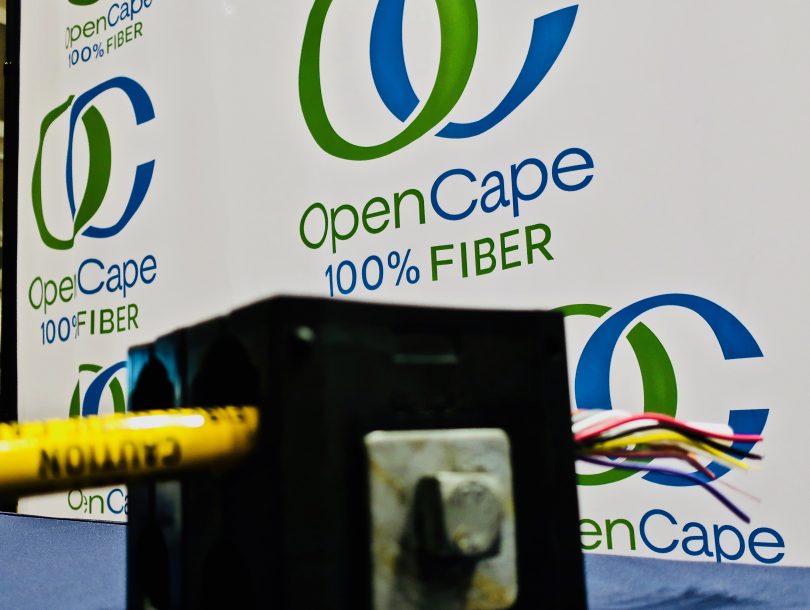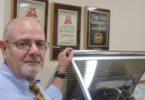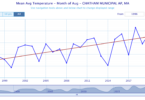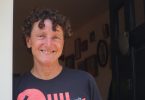CAPE COD – On a utility pole across the street from State Rep. Randy Hunt’s house on Quaker Meeting House Road in Sandwich is a government-funded OpenCape fiber optic high speed internet cable. “It is literally right across the street from me,” said Hunt, who, gets his home internet from what he described as Comcast’s…
You may also like
“Making dreams come true at Mark’s Music”: Mark Filteau, A Profile
Frozen Out: As ICE Acts on Cape Cod, Locals React
A Paywall For Our Longform Stories
Harvest Days: Remembering Michael Pearson’s Harvest Gallery Wine Bar
The Grab Brothers Make Hippie Happy Music – A Profile
The “Functional Art” of Walter Baron, Boatbuilder – A Profile
Follow The Money, and The Good Vibe; Why Shop Local – An Essay
Making Things Happen; Attorney Bruce Bierhans – A Profile
Are We Winning? In Our Summer Paradise, Summer Is Warmer & Longer
Dream Job: Rich Rogers’ Blue Collar Path to WMVY – A Profile
Wear A Cape Cod Wave Hat Near Cape Cod Waves
Christmas Cavalcade For The Homeless Set For December 17 At The Music Room In Yarmouth
Dan McKeon: Ptown’s Available Housing Matchmaker – A Profile
Mwalim: Da Phunkee Professor, Artist, Writer & Groovalotto – A Profile
Zoe Lewis: Provincetown’s Jazzy Zen Vaudeville Vagabond – A Profile
Eradicating Racial Wealth Gap Theme for Hyannis Event
ArtsCape: The Quirky Creations of Sue Beardsley
George Sylvestre, Fishing The Brewster Flats – A Guide’s Story
Andy Dufresne: 91 Candles For Falmouth’s Civic-Minded Barber – A Profile
WOMR At 40; An Outermost Radio Tale of Audacity & Tenacity
Saving East End Books; A Community’s Love & Jeff Peters’ “nerves of steel”
Surfers Create Scholarship To Honor Life Of Shark Attack Victim, Arthur Medici
Jill Erickson: A Town Librarian Retires – A Profile
Mike Houghton, Once Upon A Time At Jasper’s Surf Shop – A Profile In Memoriam
Bart Weisman “the Jazz Mayor Of Cape Cod” – A Profile
Ripple Effect — Rising House Prices, Summer & Cape Cod’s Future
Christin Marshall of EforAll; Evangelist For Entrepreneurs – A Profile
Meet The Jitters – The Cape Cod Band Formed By The Pandemic & Technology
How Collectible is Gorey? Very
22 Corned Beef Briskets of Optimism – St. Patrick’s Day at Liam Maguire’s Irish Pub
About the author
Brian Tarcy
Brian Tarcy is co-founder of Cape Cod Wave. He is a longtime journalist who has written for the Boston Globe, Boston magazine, the Cape Cod Times and several other publications. He is the author of "YOU CAN'T SELL RIGHT FIELD; A Cape Cod Novel." He is also the author or co-author of more than a dozen mostly non-fiction books, including books with celebrity athletes Cam Neely, Tom Glavine and Joe Theisman. His previous book was, "ALMOST: 12 Electric Months Chasing A Silicon Valley Dream" with Hap Klopp,who created the iconic brand, The North Face.
For more information, see Briantarcy.com
Brian is a long-suffering Cleveland Browns fan with a long-running NFL predictions/political satire column connecting weekly world events to the fate of his favorite team, now at Whatsgonnahappen.com.































